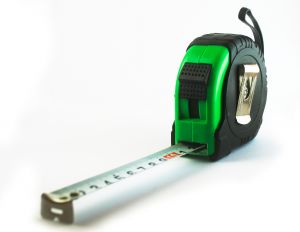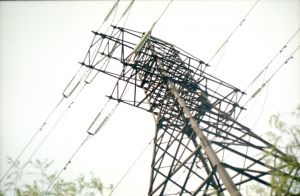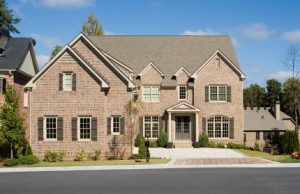
September 29, 2011
FHA Loan Questions: What Is The Maximum For An FHA Streamline Refinance Loan?
FHA rules for Streamline Refinancing Loans changed in 2011, and there are updated guidelines borrowers and lenders need to know when trying to determine what the maximum loan amount might be for a particular borrower. Under the old rules (for cases assigned before April 18, 2011) there were two sets of guidelines. One set was for FHA streamline refinancing without an appraisal. For these loans, the old system allowed refinancing maximums that did not exceed the principal outstanding balance, minus any up front mortgage insurance premium refund, plus the amount of the new up front mortgage insurance premium (UFMIP). The old FHA streamline limits also included a “with appraisal” maximum which was based on the lower of the outstanding principal balance minus any UFMIP refund, plus closing costs and prepaid | more...









